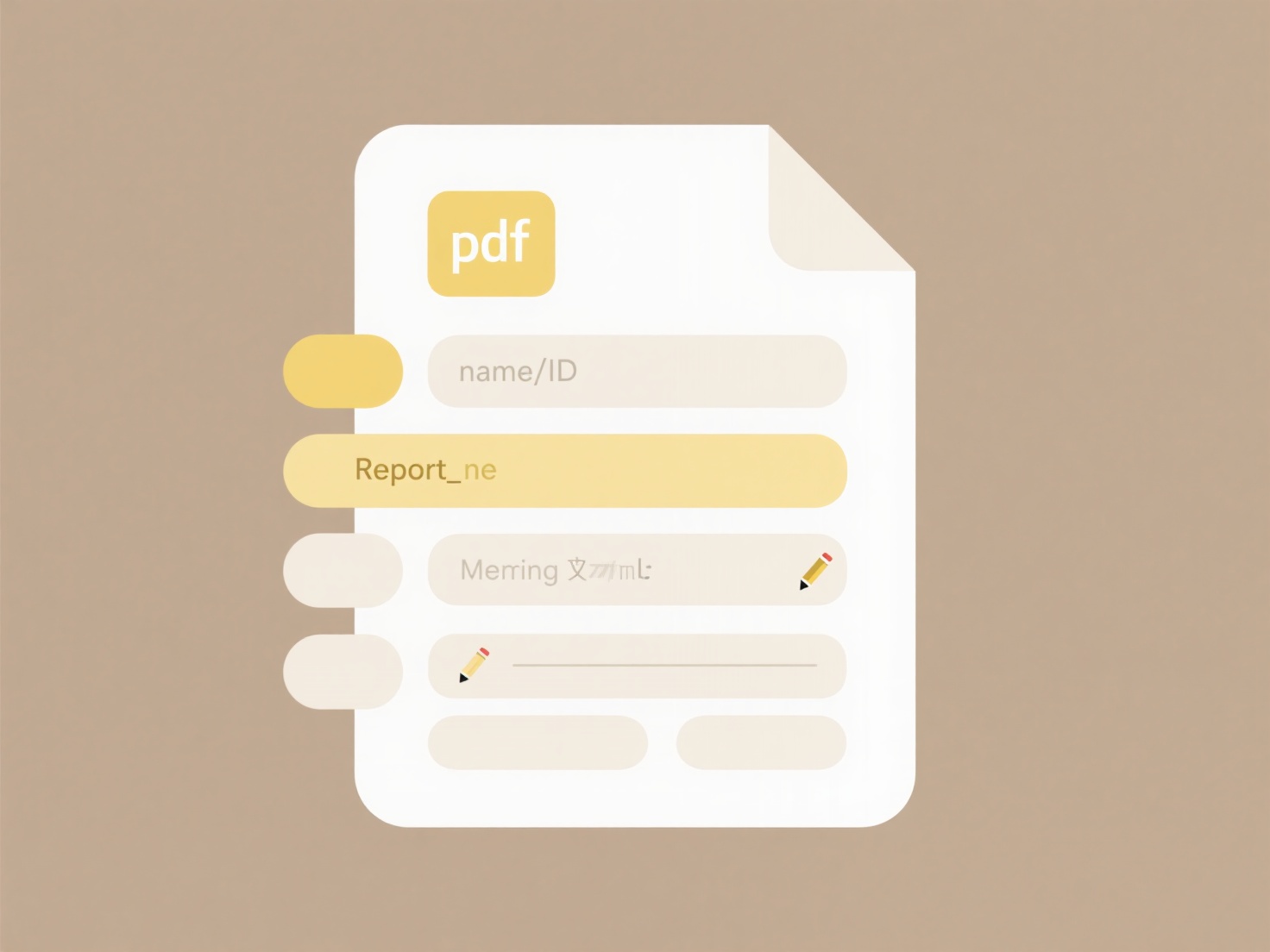
Files reopening upon restart typically stems from an auto-recovery or session restore feature. This functionality automatically saves your work progress and the state of open documents at intervals. Upon closing the app unexpectedly or restarting it, the software attempts to restore your previous workspace by reopening those recently accessed files. This differs from manual saving or explicit reopening, as it happens automatically without user intervention.

This feature is commonly implemented in productivity and creative software. For instance, Microsoft Word and Excel frequently use auto-recovery to protect against data loss during crashes. Similarly, Adobe Photoshop and many integrated development environments (IDEs) like Visual Studio Code offer session restoration to help users resume complex tasks seamlessly across different industries.
The primary advantage is safeguarding unsaved work, significantly reducing frustration after crashes. However, it can become inconvenient if unwanted files persistently reopen or pose privacy concerns by inadvertently retaining sensitive document access. Future developments aim for smarter session management, allowing users more granular control over which files automatically reopen. Balancing convenience and user preference remains key for wider adoption.
Why does my file keep reopening every time I restart the app?
Files reopening upon restart typically stems from an auto-recovery or session restore feature. This functionality automatically saves your work progress and the state of open documents at intervals. Upon closing the app unexpectedly or restarting it, the software attempts to restore your previous workspace by reopening those recently accessed files. This differs from manual saving or explicit reopening, as it happens automatically without user intervention.

This feature is commonly implemented in productivity and creative software. For instance, Microsoft Word and Excel frequently use auto-recovery to protect against data loss during crashes. Similarly, Adobe Photoshop and many integrated development environments (IDEs) like Visual Studio Code offer session restoration to help users resume complex tasks seamlessly across different industries.
The primary advantage is safeguarding unsaved work, significantly reducing frustration after crashes. However, it can become inconvenient if unwanted files persistently reopen or pose privacy concerns by inadvertently retaining sensitive document access. Future developments aim for smarter session management, allowing users more granular control over which files automatically reopen. Balancing convenience and user preference remains key for wider adoption.
Quick Article Links
Can I sync the same local folder with two cloud accounts?
Syncing the same local folder with two separate cloud accounts simultaneously refers to connecting one folder on your co...
How do I find a slide or title within PowerPoint?
To locate a specific slide or its title within a PowerPoint presentation, you primarily use two integrated features: the...
Why does my file open in the background?
Files may open in the background instead of appearing immediately on your screen for efficiency and resource management....